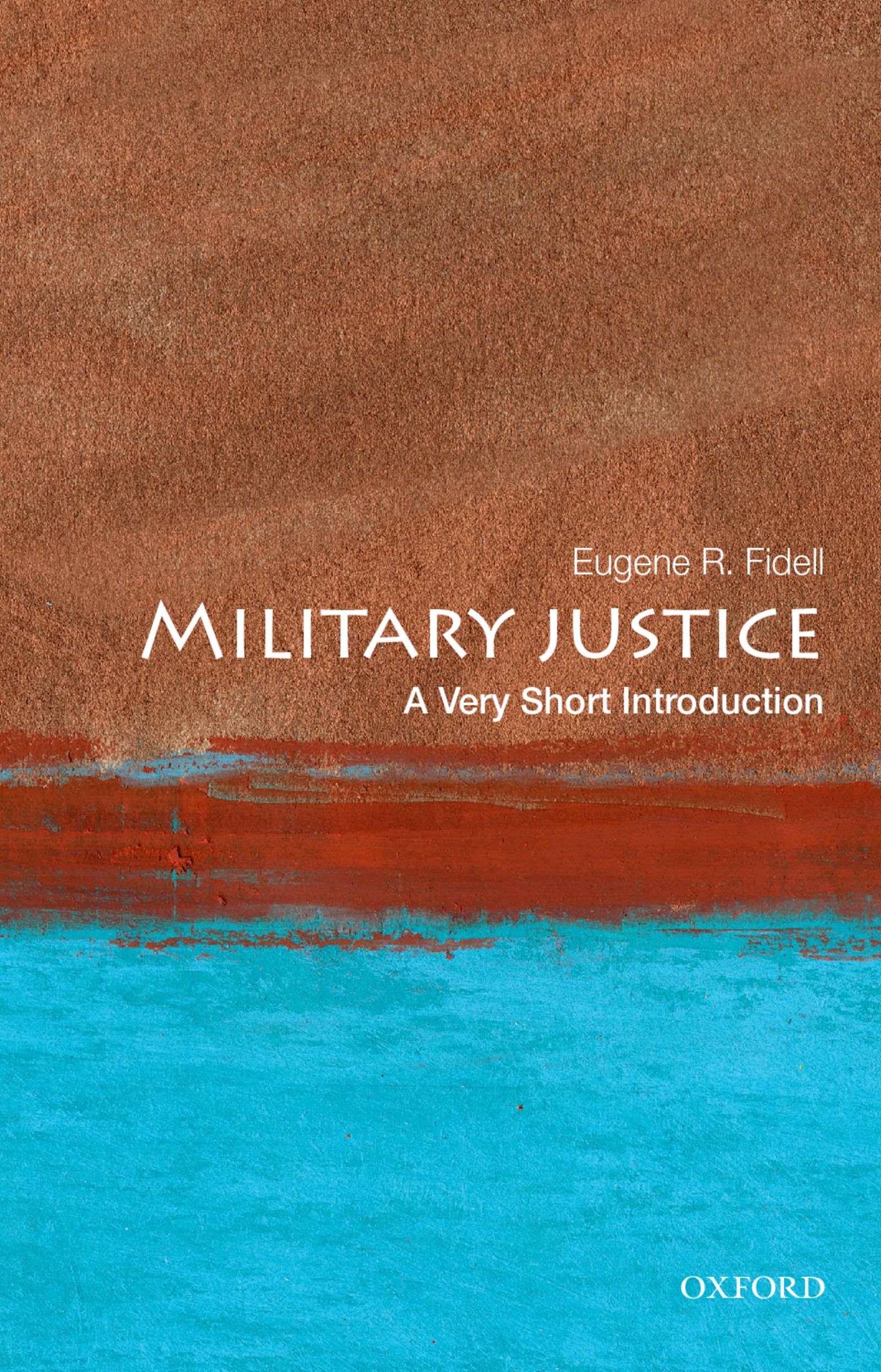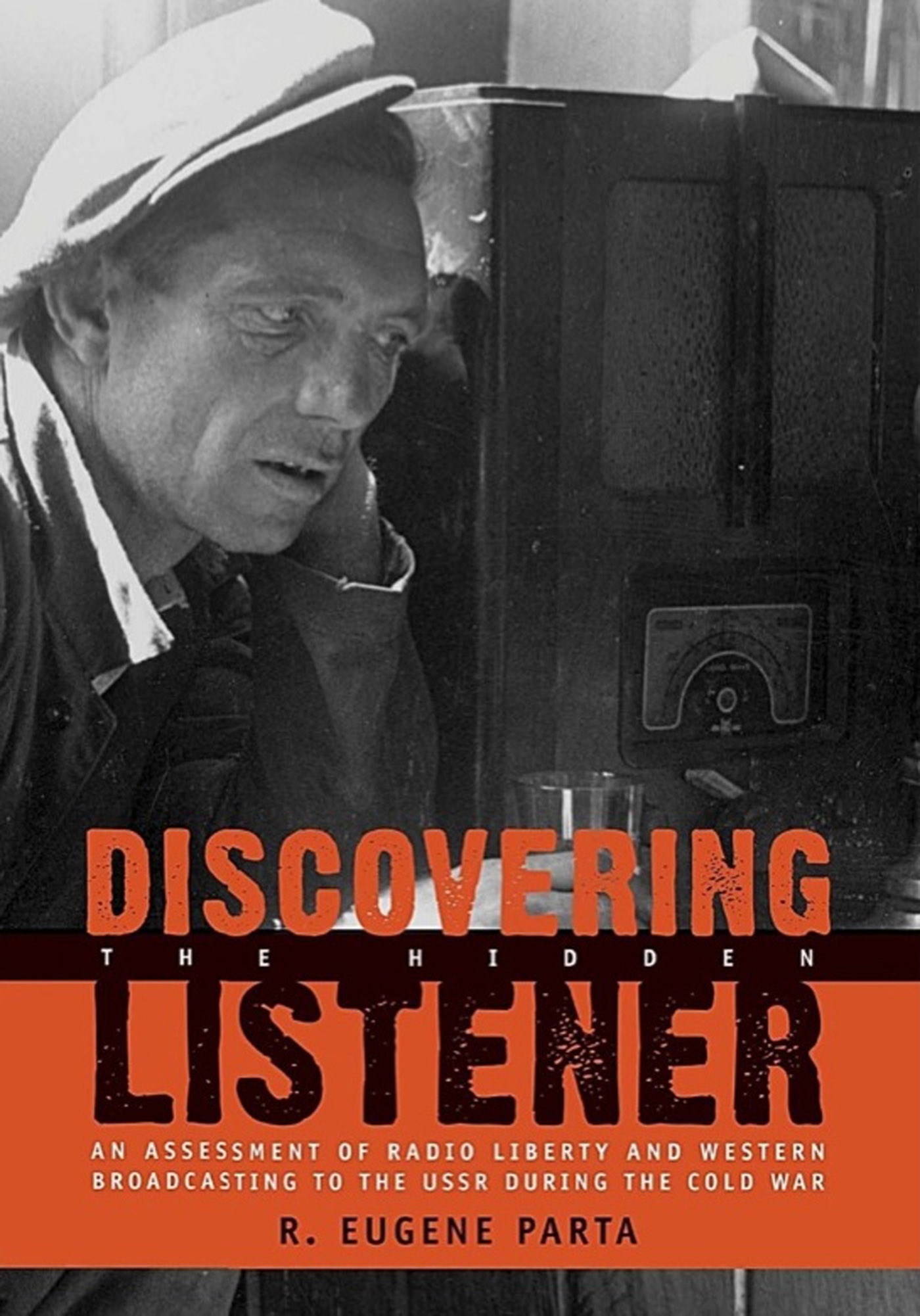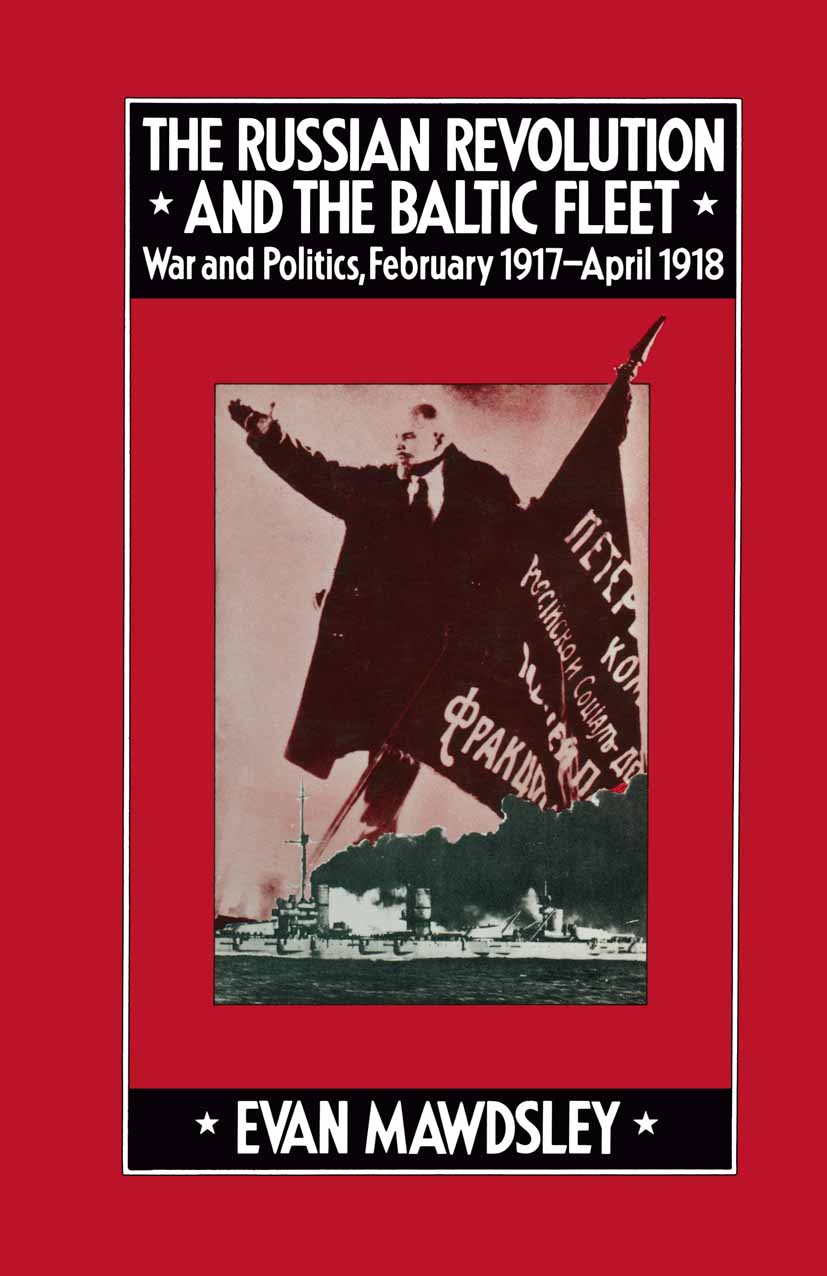Military Justice
by Eugene R. Fidell
2020-07-09 03:29:26
"You can''t handle the truth." These iconic words, bellowed by Jack Nicholson as Colonel Jessup in the 1992 movie A Few Good Men, became an emblem of the conflict between honor and truth that the collective imagination often considers the quintessenc...
Read more
"You can''t handle the truth." These iconic words, bellowed by Jack Nicholson as Colonel Jessup in the 1992 movie A Few Good Men, became an emblem of the conflict between honor and truth that the collective imagination often considers the quintessence of military justice. The military is therare part of contemporary society that enjoys the privilege of policing its own members'' behavior, with special courts and a separate body of rules. Whether one is for or against this system, military trials are fascinating and little understood. This book opens a window on the military judicialsystem, offering an accessible and balanced assessment of the strengths and weaknesses of military legal regimes around the world. It illuminates US military justice through a comparison with civilian and foreign models for the administration of justice, with a particular emphasis on the UK andCanadian military justice systems.Drawing on his experience as a serving officer, private practitioner, and law professor, Eugene R. Fidell presents a hard-hitting tour of the field, exploring military justice trends across different countries and compliance (or lack thereof) with contemporary human rights standards.He digs into critical issues such as the response to sexual assault in the armed forces, the challenges of protecting judicial independence, and the effect of social media and modern technology on age-old traditions of military discipline. A rich series of case studies, ranging from examples ofmisconduct, such as the devastating Abu Ghraib photos, to political tangles, such as the Guantanamo military commissions, throw light on the high profile and occasionally obscure circumstances that emerge from today''s military operations around the world. As Fidell''s account shows, by understandingthe mechanism of military justice we can better comprehend the political values of a country.
Less





























.jpg)

